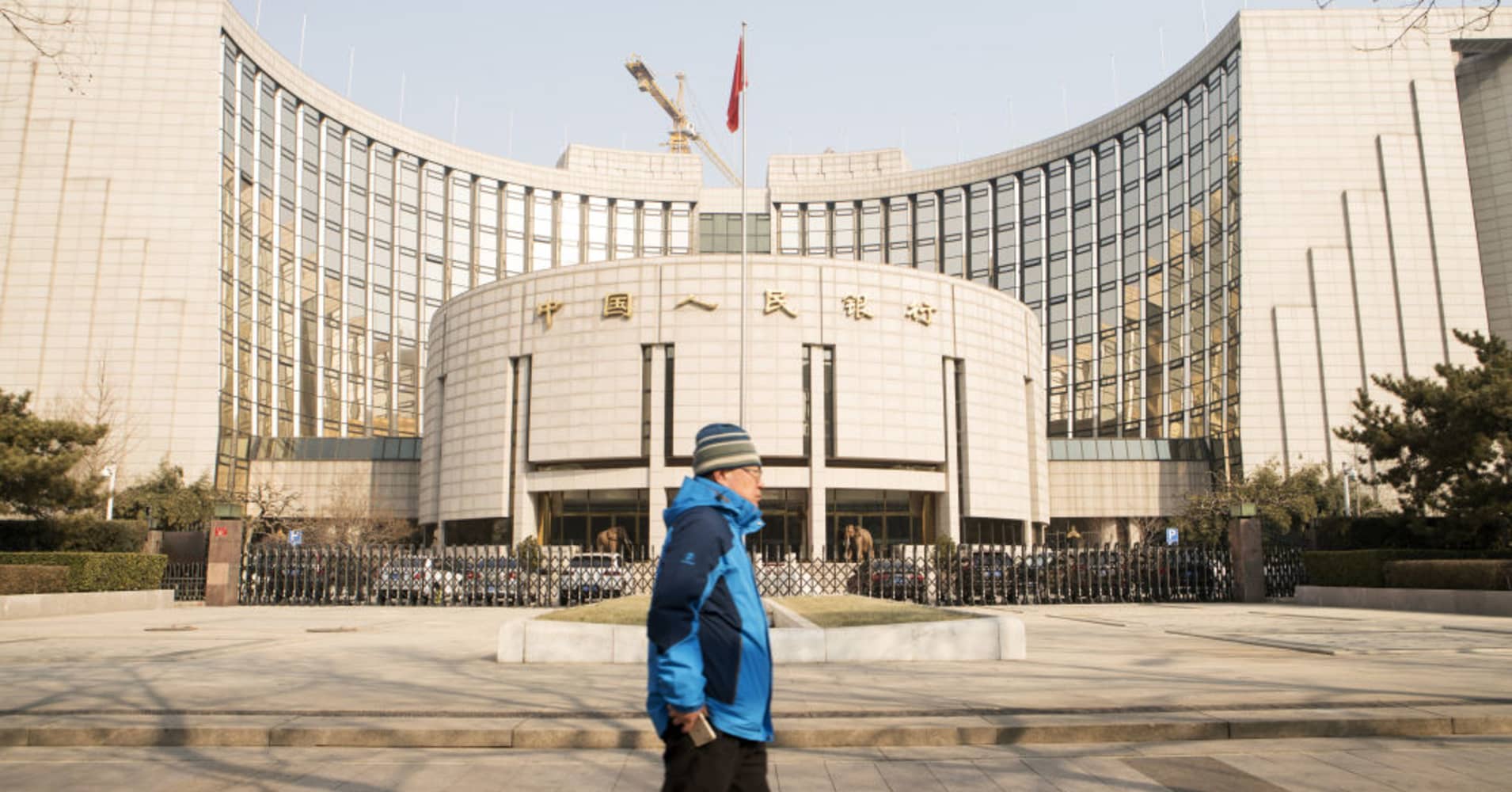
China’s debt problem is set to worsen this year, according U.S. investment bank Morgan Stanley — but Beijing is expected to better manage the risks of people borrowing from non-official channels this time, compared to years ago.
China’s debt in relation to its economy is expected to climb by three to four percentage points of its economy, Morgan Stanley’s Chief China Economist Robin Xing told CNBC on Friday, referring to the debt-to-GDP ratio.
“This time, it’s a bit different because they are using more manageable, or transparent leverage rather than re-opening shadow banking,” Xing told CNBC, saying that the Chinese government is increasing the quota of local special bonds, which are essentially backed by the state.
Shadow banking refers to activities performed by financial firms outside the formal banking sector, and therefore subject to lower levels of regulatory oversight and higher risks.
State-owned banks usually prefer lending to companies owned by the government, which are considered safer borrowers than private firms. As a result, private companies have turned to shadow banking, contributing to China’s overall debt levels.
“Despite the temporary increase in the debt-to-GDP ratio, it’s much more manageable and transparent than 2013 to 2017, when shadow banking was surging,” Xing concluded.
Be the first to comment